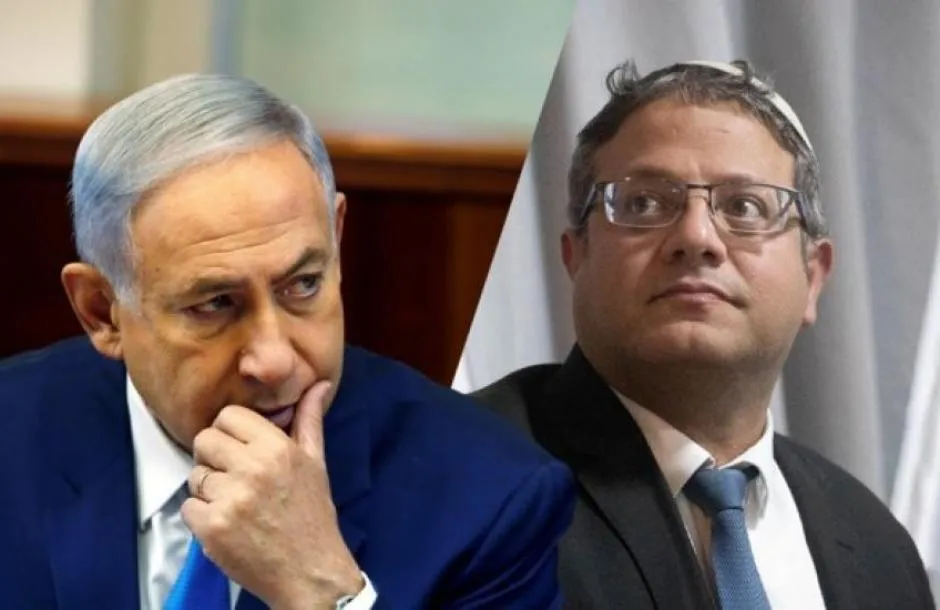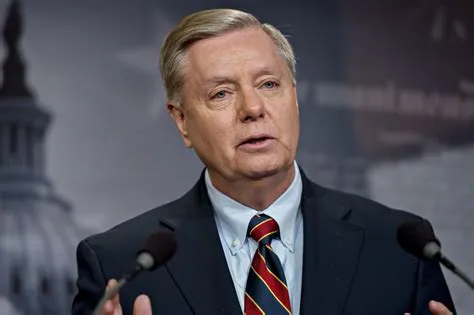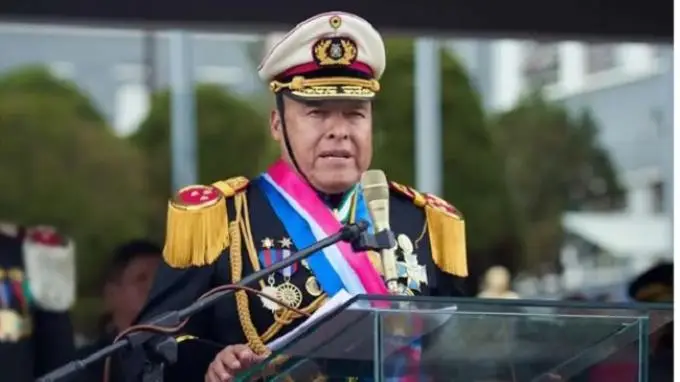jfid – A recent coup attempt in Bolivia has failed after a series of crucial events thwarted the plan.
President Luis Arce managed to maintain his power despite the military’s attempt to storm the Presidential Palace. Here is an in-depth analysis of why the coup did not succeed.
Military Retreats
One of the main reasons for the coup’s failure was the retreat of the military forces deployed to storm the Presidential Palace.
President Luis Arce directly ordered the troops to return to their barracks. This order showed that not all military members supported the coup attempt. According to Detik.com, “The military forces that initially stormed the Presidential Palace eventually returned to their barracks after President Arce ordered them to retreat” .
This decision highlighted the loyalty of a significant portion of the military to the legitimate government.
General Zuniga Arrested
Another key factor was the arrest of General Juan Jose Zuniga, who was suspected of masterminding the coup.
General Zuniga was apprehended by security forces after speaking to journalists outside the military barracks.
This arrest marked a turning point in the coup attempt. According to CNBC Indonesia, “General Zuniga, the main architect behind the coup, was arrested by security forces after making a statement to the media” .
His arrest not only cut off the coup’s command but also demonstrated that the government still had control over security forces.
Public Solidarity Protests
Support from the public also played a crucial role in the coup’s failure. The people of Bolivia showed their solidarity with President Arce’s government through mass demonstrations against the coup.
These demonstrations indicated that the public supported democratic stability and opposed the overthrow of the legitimate government.
A protester told local media, “We stand with President Arce to protect democracy in Bolivia.” This solidarity demonstrated that the people’s power was still strong and capable of resisting coup attempts.
International Involvement
The coup in Bolivia also drew international attention. Russia strongly condemned the coup attempt and offered full support for President Arce’s government.
This international support indicated that the coup did not receive backing from other nations, contributing to its failure.
A Russian official stated, “We fully support the legitimate government in Bolivia and reject any form of coup attempt.” This support added international pressure on the coup perpetrators.
Withdrawal of Bill in Kenya
Additionally, international events such as the withdrawal of a financial bill in Kenya by President William Ruto provided an important lesson.
President Ruto retracted a bill that had sparked unrest, showing that governments can change controversial decisions to avoid conflict .
This is relevant to Bolivia in the context of the coup attempt, where government flexibility in handling sensitive issues can prevent further conflict.
Israeli Attacks in Syria
Regional tensions also affected political stability in Bolivia. Recent Israeli attacks in Syria added to global instability, which influenced the situation in Bolivia .
The tense international context could strengthen the resolve of the Bolivian people to maintain domestic stability and reject the coup attempt.
Conclusion
In conclusion, the coup in Bolivia failed due to a combination of factors, including rejection from the majority of the military, the arrest of the coup leader, public support, international involvement, and lessons from other international events.
These factors together created an environment that was not conducive to the success of the coup.











